-
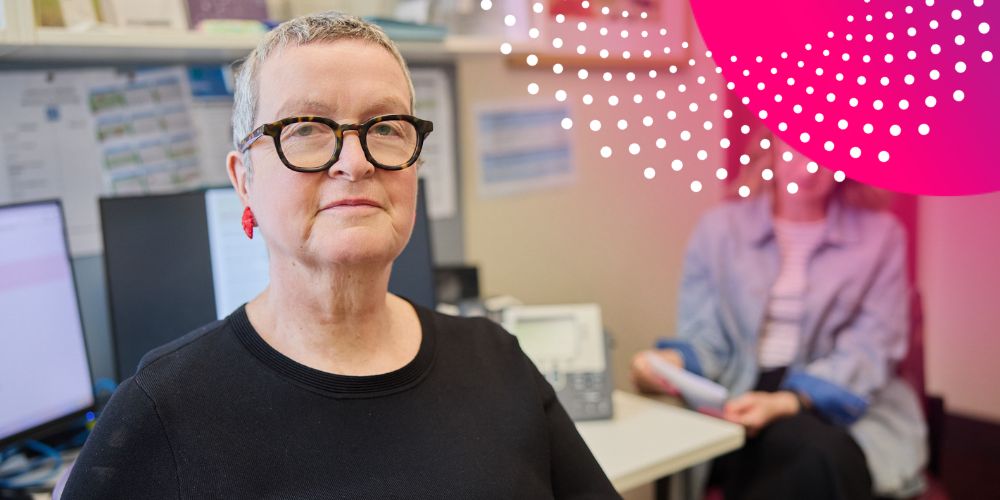 The Women’s to co-lead global menopause study on women’s heart health
The Women’s to co-lead global menopause study on women’s heart healthA million-dollar global research project co-led by Australia and the UK is taking a key step towards closing the gender gap in heart disease.
Learn more -
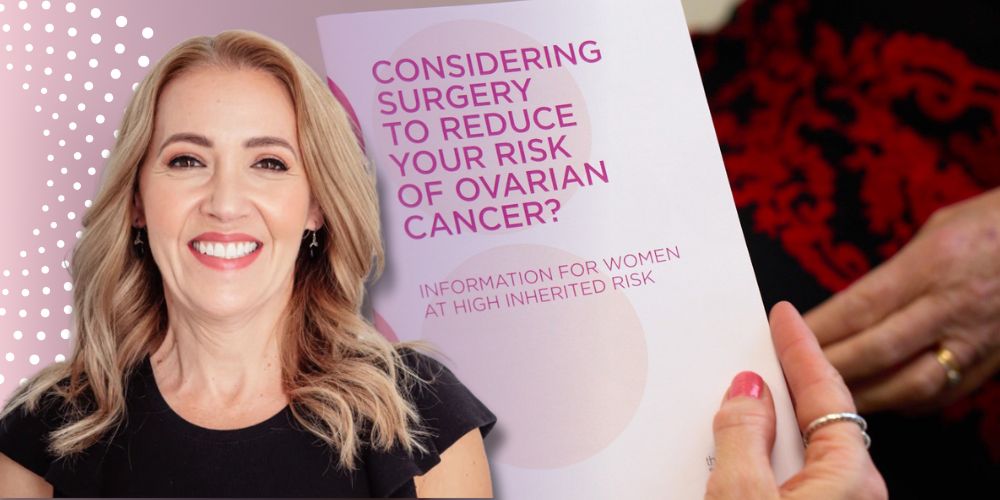 “Removal of the ovaries isn’t just a surgical procedure… it’s a life-changing event”
“Removal of the ovaries isn’t just a surgical procedure… it’s a life-changing event”After surviving breast cancer and learning she carried the BRCA1 gene, Sarah chose to have surgery to lower her risk of ovarian cancer; including the removal of her tubes and ovaries.
Learn more -
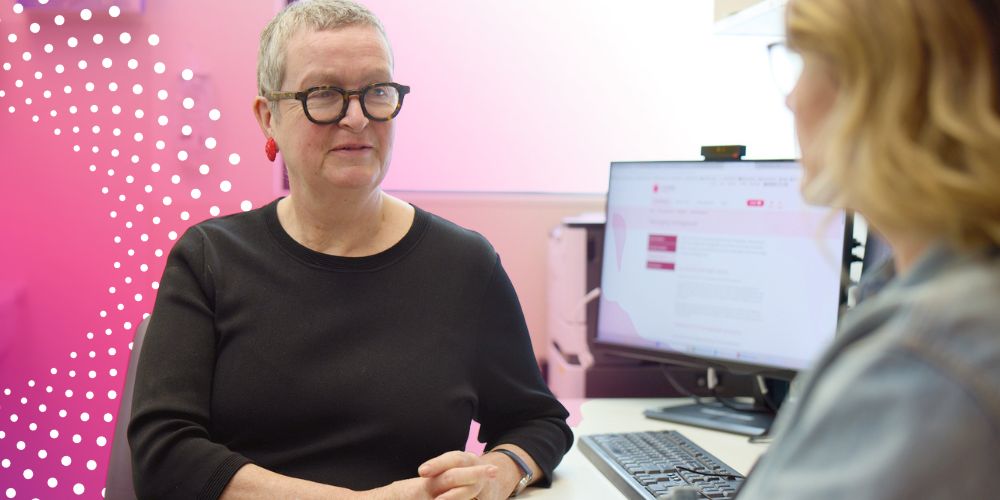 The untold story of sex, sleep and sanity after surgical menopause
The untold story of sex, sleep and sanity after surgical menopauseA new study from the Royal Women’s Hospital shows that women who have surgery to lower their ovarian cancer risk often experience sudden changes linked to early menopause.
Learn more -
 Understanding perimenopause: Separating facts from hype
Understanding perimenopause: Separating facts from hypeWomen navigating perimenopause are often faced with a flood of products, advice, and social media claims. This can make it hard to know what is reliable.
Learn more -
 Leading improvements in ovarian torsion care
Leading improvements in ovarian torsion careThe Women’s has changed how it diagnoses and treats ovarian torsion. This has cut delays and improved patient outcomes.
Learn more -
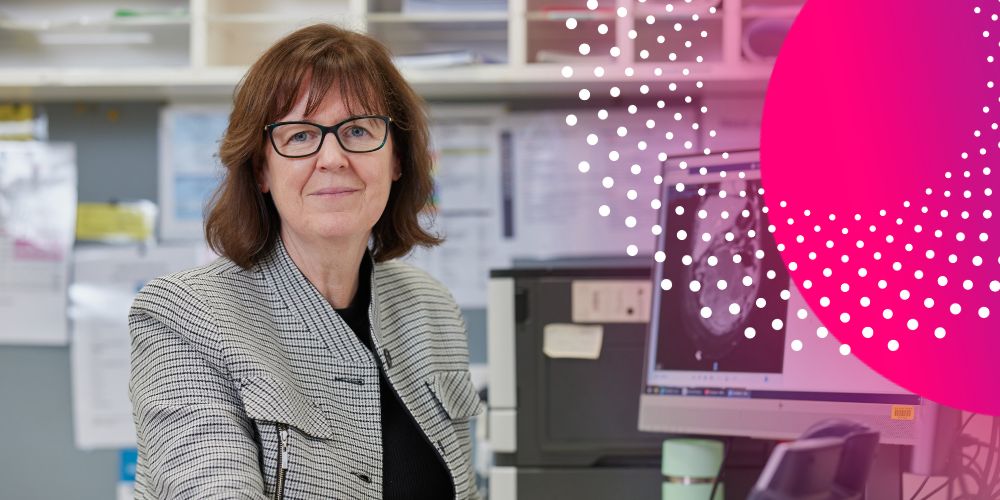 Push to prevent ovarian cancer with simple surgical step
Push to prevent ovarian cancer with simple surgical stepA simple step during routine surgery could prevent thousands of women from developing ovarian cancer.
Learn more -
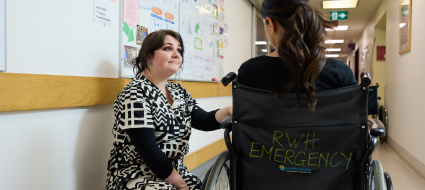 Is there a link between endometriosis and ectopic pregnancy? New study says: yes
Is there a link between endometriosis and ectopic pregnancy? New study says: yesNew research from the Women’s shows that over half of women who had surgery for an ectopic pregnancy also had hidden endometriosis.
Learn more -
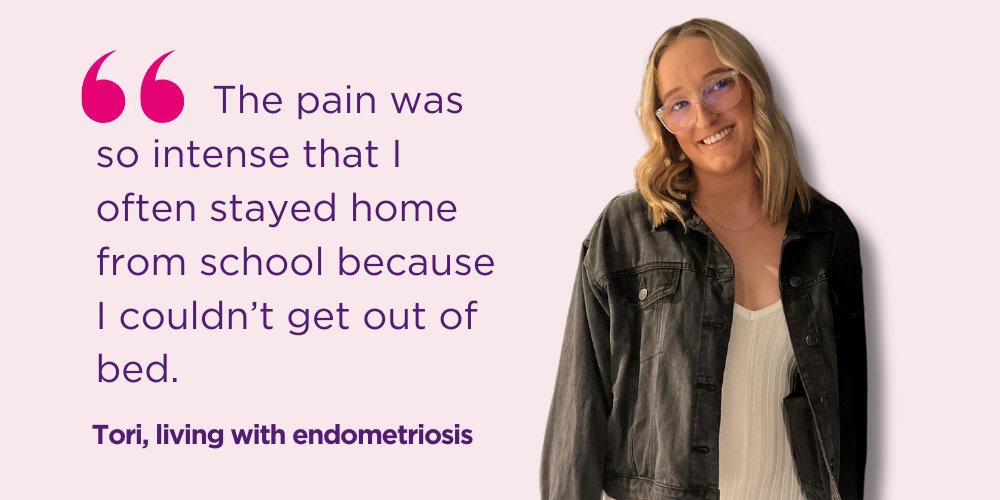 “You shouldn’t be in this much pain just from periods”
“You shouldn’t be in this much pain just from periods”Endometriosis affects 1 in 7 Australian women and those assigned female at birth by the age of 49. Tori Parsons is among the many with this misunderstood and often underdiagnosed condition. For Endometriosis Awareness Month, she’s sharing her story.
Learn more -
 Menopause beyond medication
Menopause beyond medicationMenopause is more than a hormone-deficiency disease, say a group of international researchers in a first-ever series on menopause published in The Lancet today.
Learn more -
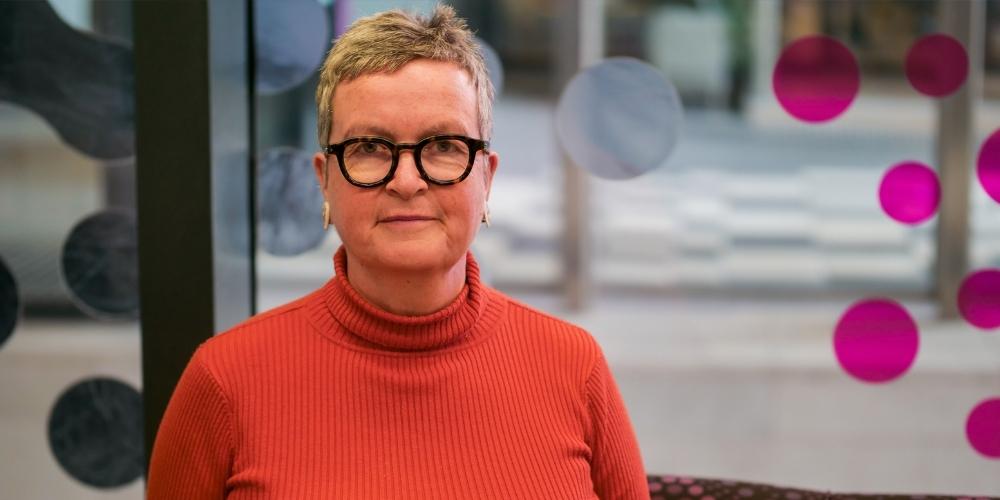 New global survey launched to shape the future of menopause research
New global survey launched to shape the future of menopause researchA new study wants to address the gap between what researchers choose to study and what patients and healthcare providers want to know.
Learn more